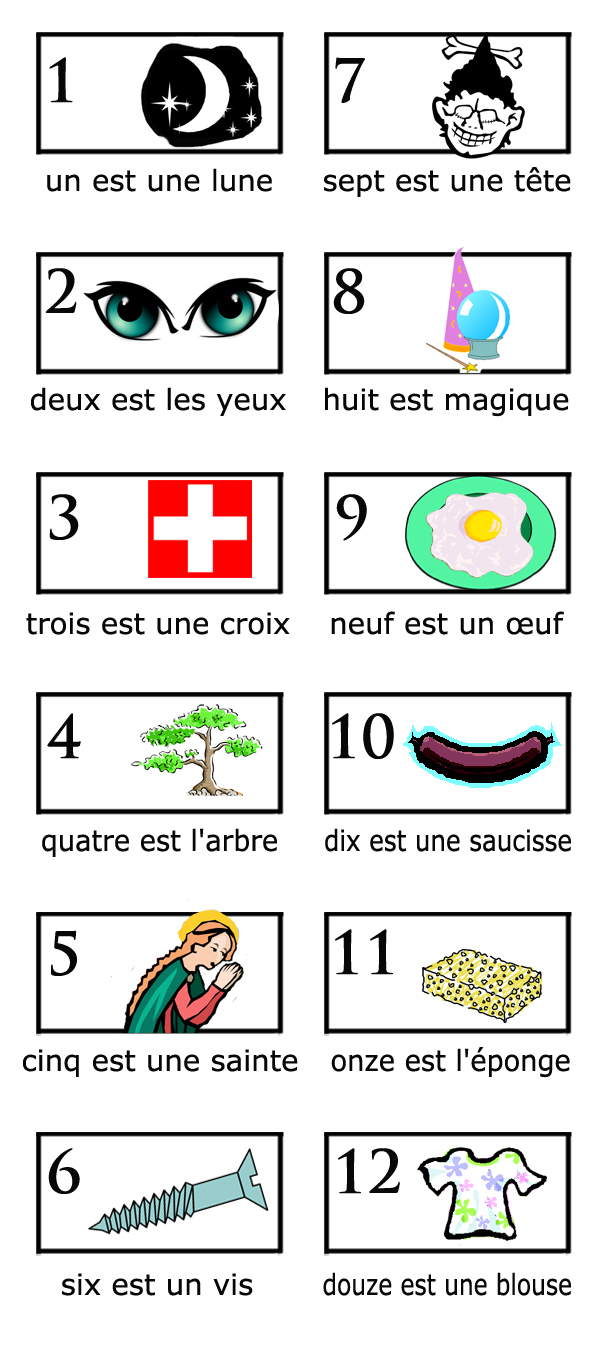Elaborative interrogation is a strategy to help you remember meaningful information. The idea behind the strategy is that relevant prior knowledge is not always readily activated when you are trying to learn new information, and sometimes help is needed to make the right connections. The strategy requires you to go beyond the information given to you and to construct reasons for the relationships between bits of information.
- Strategies
Everyday Strategies
- Lifestyle & Aging
Lifestyle
- Sleep & Circadian Rhythm
- Problems
Forgetting
Absentmindedness
Cognitive Impairment
- How Memory Works
Types of memory
Individual Differences
How the brain works
